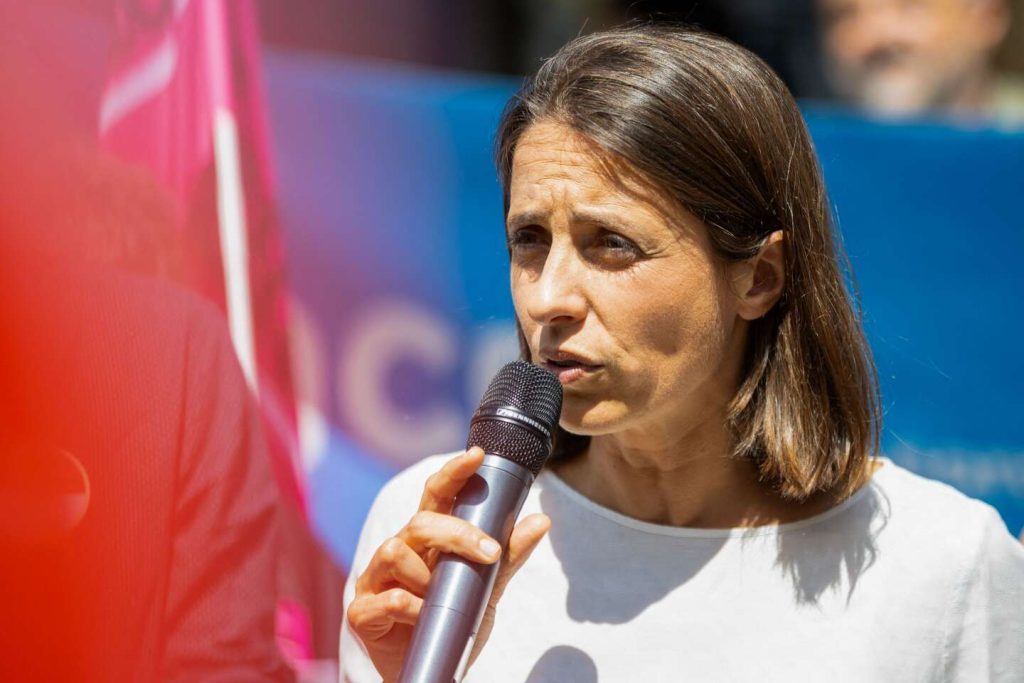Every Sunday, from noon to 1 p.m., Le Monde partners with France Inter to host and broadcast the program “Political Questions,” presented by Carine Bécard (France Inter), with Nathalie Saint-Cricq (France Télévisions) and Françoise Fressoz (Le Monde). The guest on Sunday, June 2, was Sophie Binet, general secretary of the CGT. She stated that she could not blame workers in sectors such as tourism, hospitality/restaurants, and security who would go on strike during the Olympics to protest against the new unemployment insurance reform. She mentioned that the reform penalizes those who work in discontinuous sectors, affecting their ability to access unemployment benefits.
The new unemployment insurance reform, set to take effect on December 1, includes a reduced compensation period of 15 months and the requirement of having worked eight months (instead of the current six months) out of the past 20 months to be eligible for benefits. Sophie Binet highlighted that individuals with seasonal contracts would be particularly affected by these changes. She emphasized the importance of upholding the commitments made during France’s bid for the Olympics, stressing the need to set a positive example in social matters, which she believes is currently not being done.
Binet also pointed out issues within certain industries, such as the lack of bonuses for security personnel who will be under increased pressure during the summer and the limited coverage of bonuses for railway workers, especially women working in call centers who will see heavier workloads during the Olympics. She expressed concerns about the unequal distribution of benefits and the need for better support for workers in these challenging circumstances. The CGT leader called for improved conditions for workers, particularly in terms of fair compensation and recognition for their efforts.
Overall, Sophie Binet emphasized the importance of standing in solidarity with workers facing challenges due to the new unemployment insurance reform and the impact it will have on those in discontinuous sectors. She highlighted the need for fair treatment and support for workers who may struggle to make ends meet as a result of the changes. The discussion on “Political Questions” shed light on the concerns and grievances of workers in various industries and the need for ongoing advocacy for improved working conditions and protections for all employees. It also underscored the importance of addressing social issues within the context of major events like the Olympics to ensure fair treatment for all workers.


